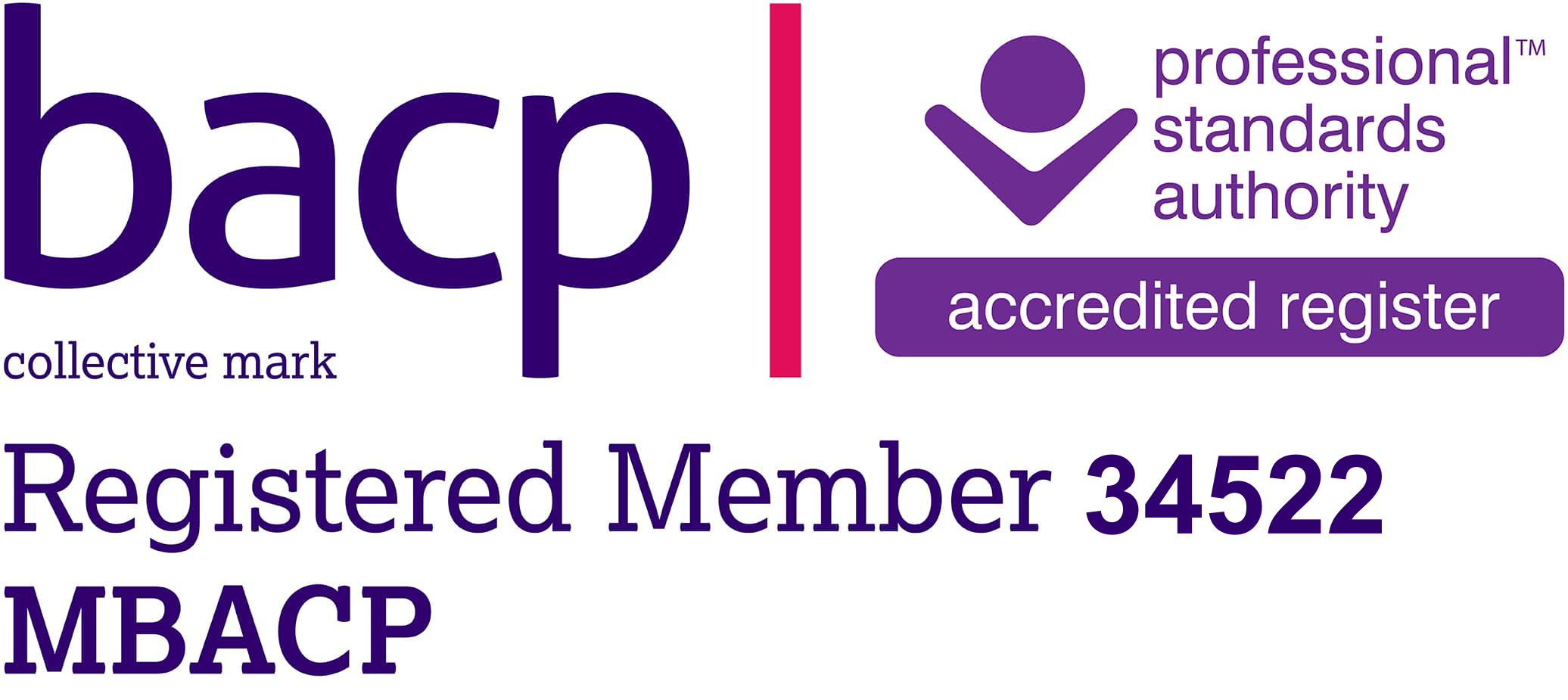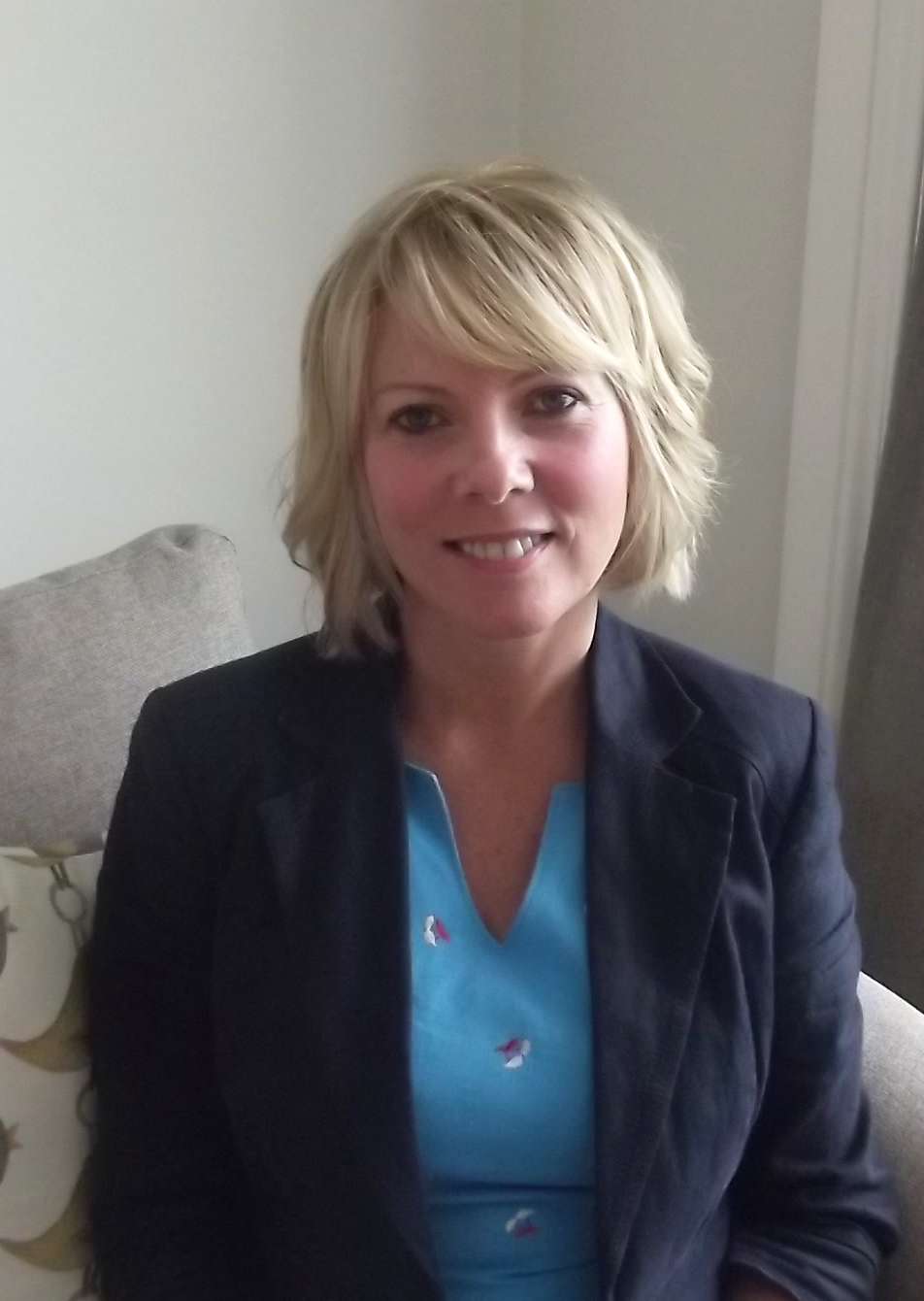Anxiety can take many forms and can lead to a number of distressing symptoms
Social anxiety disorder:
Also called social phobia, social anxiety disorder involves overwhelming worry and self-consciousness about everyday social situations. The worry often centres on a fear of being judged by others, or behaving in a way that might cause embarrassment or lead to ridicule. The fear of judgment often leads to avoidant behaviours, however if the situation cannot be avoided, anxiety increases and can lead to panic attacks.
Specific phobias:
A specific phobia is an intense fear of a specific object or situation, such as snakes, heights, or flying. The level of fear is usually inappropriate to the situation and may cause the person to avoid common, everyday situations. Once again if the specific phobia is encountered or is unavoidable, anxiety increases and can lead to panic attacks.
Post traumatic stress disorder:
Post traumatic stress disorder can occur if you are involved in or witness a traumatic event. As a result of PTSD it is common to experience upsetting, distressing or confusing feelings. The feelings of distress may not emerge straight away – you may just feel emotionally numb at first. After a while you may develop emotional and physical reactions, such as feeling easily upset or not being able to sleep. There’s no time limit on distress, and some people may not develop post-traumatic symptoms until many years after the event. Additionally, not everyone who has experienced a traumatic event develops PTSD.
Obsessive compulsive disorder:
Obsessive-compulsive disorder (OCD) has two main parts: obsessions and compulsions.
Obsessions
Obsessions are unwelcome thoughts, images, urges or doubts that repeatedly appear in your mind; for example, thinking that you have been contaminated by dirt and germs, or experiencing a sudden urge to hurt someone. These obsessions are often frightening or seem so horrible that you can’t share them with others. The obsession interrupts your other thoughts and makes you feel very anxious.
“I get unwanted thoughts all through the day, which is very distressing and affects my ability to interact with others and concentrate on my studies and work”.
“Getting ready for each day involves so much hand washing, mental rituals, and doing things in the same order everyday... Sometimes, I feel like staying in bed and avoiding the day”


